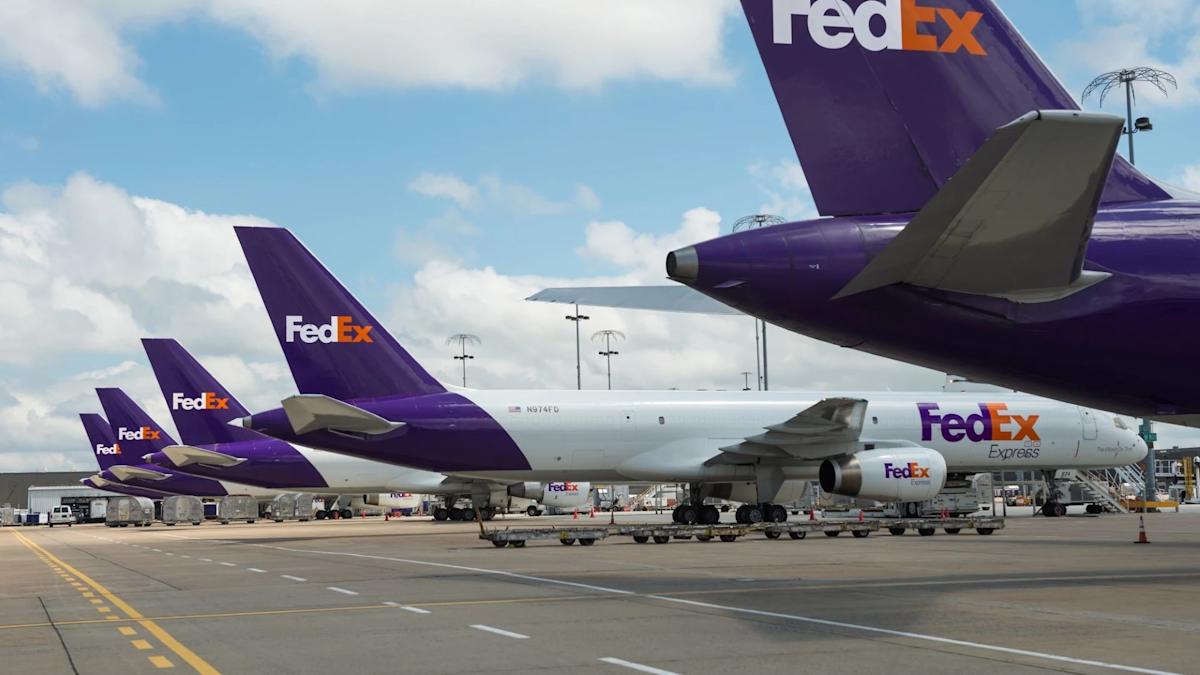Air cargo faces $1Bn overhaul to comply with new CBP rule
WASHINGTON — A new cargo screening requirement by the Trump administration marks a major – and costly – shift for global air logistics by forcing a much higher level of transparency on carriers, shippers, and marketplaces worldwide.
A U.S. Customs and Border Protection (CBP) interim final rule (IFR), effective immediately when published in the Federal Register on Friday, is a response to evolving terrorist tactics, according to CBP.
The Enhanced Air Cargo Advance Screening (ACAS) IFR targets vulnerabilities in high-volume, anonymous e-commerce shipments, with compliance estimated by CBP to cost the industry between $877 million and $1.04 billion.
Every major player in the global air logistics pipeline – including Amazon Air (NASDAQ: AMZN), UPS (NYSE: UPS), and FedEx (NYSE: FDX), as well as major freight forwarders like C.H. Robinson (NASDAQ: CHRW) and Kuehne+Nagel (SWX: KNIN) – is required by the rule to reprogram their technology platforms to collect and transmit new sets of data or face penalties.
Based on industry feedback, CBP assumes large companies file, on average, over 5,000 ACAS filings a day. CBP estimates that a large-volume filer, on average, is expected to spend a total of $1.62 million on IT system updates as a result of the IFR.
Established in 2018 by CBP and the Transportation Security Administration, the ACAS program requires inbound air carriers or other eligible filers to transmit specified air cargo data as early as practicable but no later than prior to the loading of the cargo onto an aircraft.
However, after incendiary device attacks caused fires at several air cargo facilities in Europe in July 2024, CBP, in coordination with TSA, “determined that it is necessary to modify the ACAS program to more effectively identify high-risk air cargo,” the agency stated in the IFR.
“The attack was ultimately thwarted when the devices were discovered through the combined efforts of multiple foreign and domestic intelligence agencies. Despite the positive conclusion, the attack highlighted significant vulnerabilities in air cargo security as the devices had flown on board several flights prior to discovery.”
Certain ACAS filers now will be required to submit even more detailed information – including, for some, the unmasked internet protocol (“IP”) address or media access control (“MAC”) address of the device used by a consignee to purchase a product online, as well as the actual shipping cost of the transaction, before the cargo is loaded onto a U.S.-bound aircraft.
The enhanced new data elements are intended to give CBP and TSA a more complete picture of the parties, financial data, and relationships involved in cargo shipments, particularly e-commerce shipments, which “present a special risk to aircraft, crewmembers, and passengers, in part, due to the relative anonymity associated with the transactions,” according to the IFR.



Leave a Comment
Your email address will not be published. Required fields are marked *